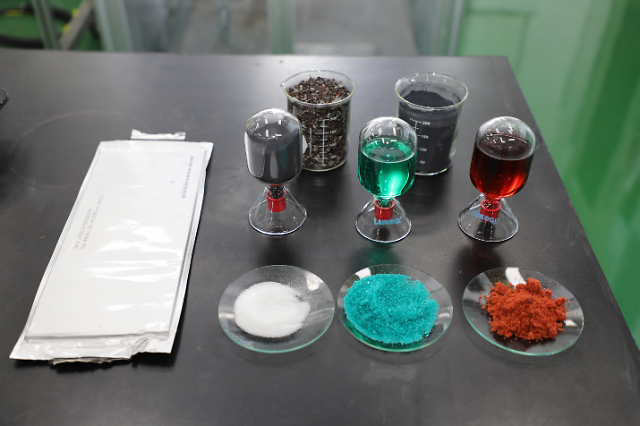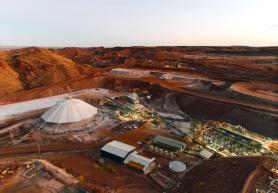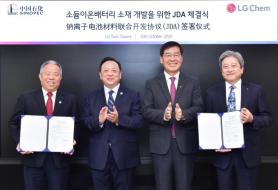
[Courtesy of KIGAM]
According to data released by French market research firm Yole Developpement, the global lithium-ion battery recycling market capacity is projected to grow at an annual average growth rate of 30 percent to reach 459,369 tons in 2025. The growth rate will accelerate more rapidly as electric vehicles (EVs) are popularized in the future.
Institutes and private companies around the world are locked in a race to develop effective ways to recycle discarded batteries but many researchers found the cost of recycling lithium-ion batteries too high and the retrieval rate of rare metals too low.
The Korea Institute of Geoscience and Mineral Resources (KIGAM) said that its research team developed a technique for retrieving high-purity rare metals from battery wastes. Collected metals are recreated into core battery materials such as lithium carbonate, nickel sulfate, and cobalt sulfate. The technology will be transferred to private companies including SK Innovation, a major battery maker in South Korea.
The retrieval process involving the safe discharging, disassembling, pulverizing, and sorting of lithium-ion battery packs has an efficiency of about 908 percent, KIGAM said. Recycled materials can also be used for the creation of battery packs for energy storage systems (ESSs) that are used for storing renewable energy generated by solar power plants and wind farms.
"This battery recycling technique is very important and significant at this time when the supply of lithium-ion batteries cannot meet market demands and the end of life for first-generation EV batteries is just around the corner," KIGAM President Lee Pyeong-koo said in a statement on April 28.
Copyright ⓒ Aju Press All rights reserved.




